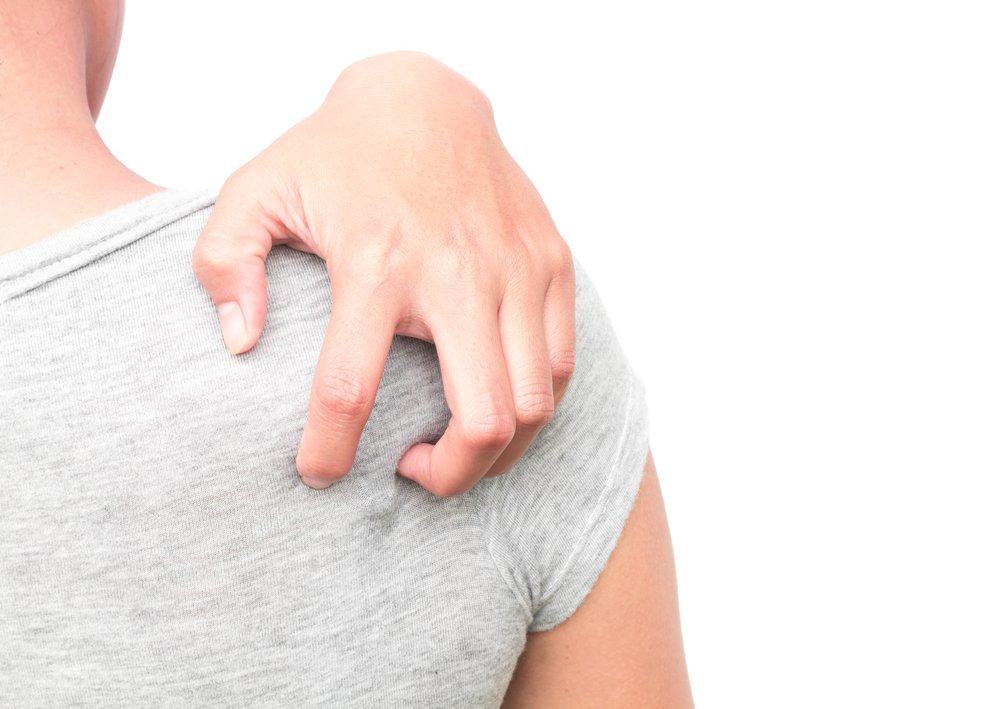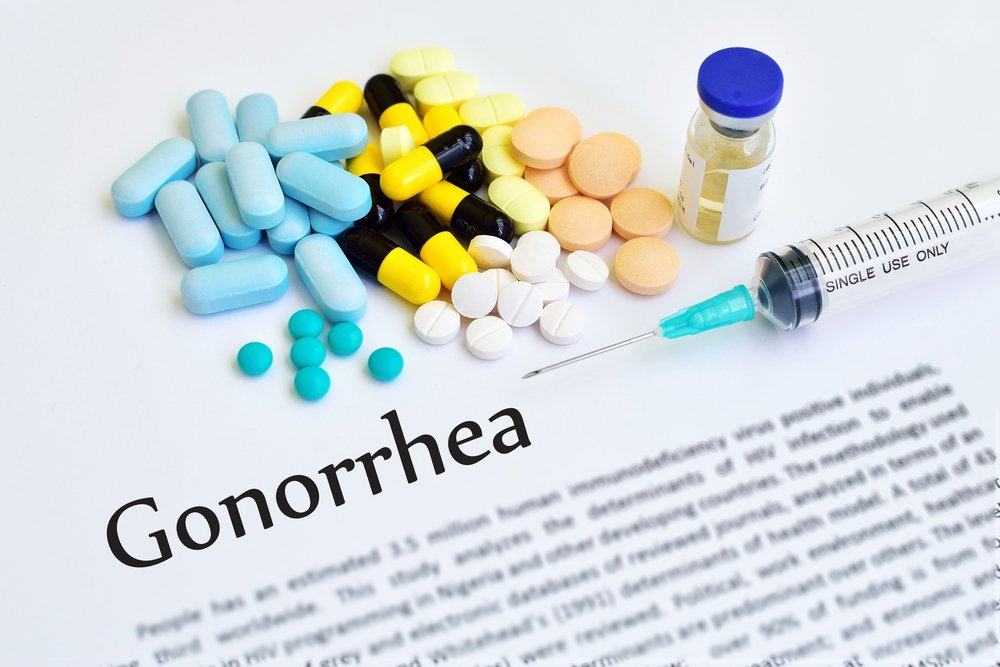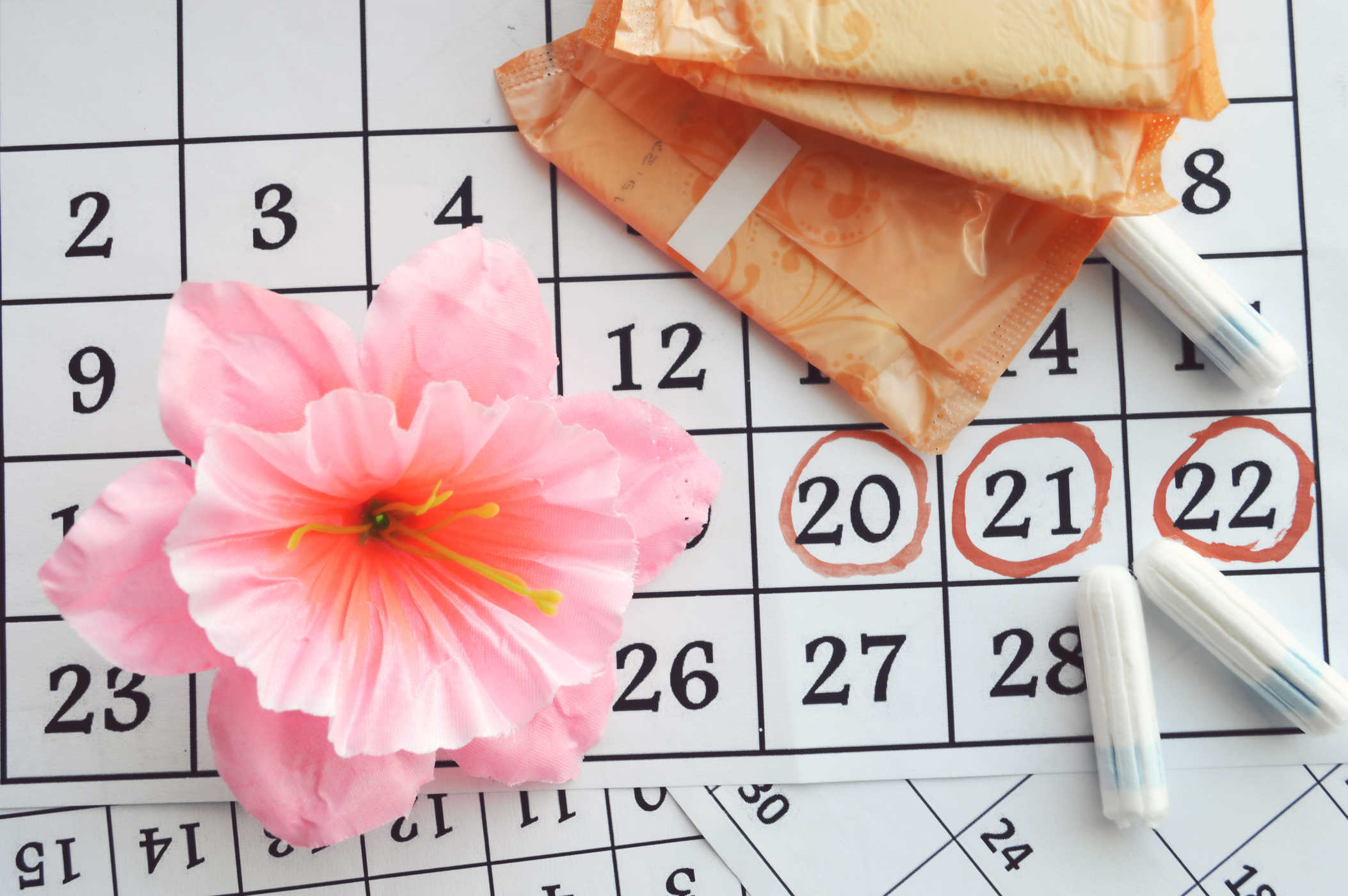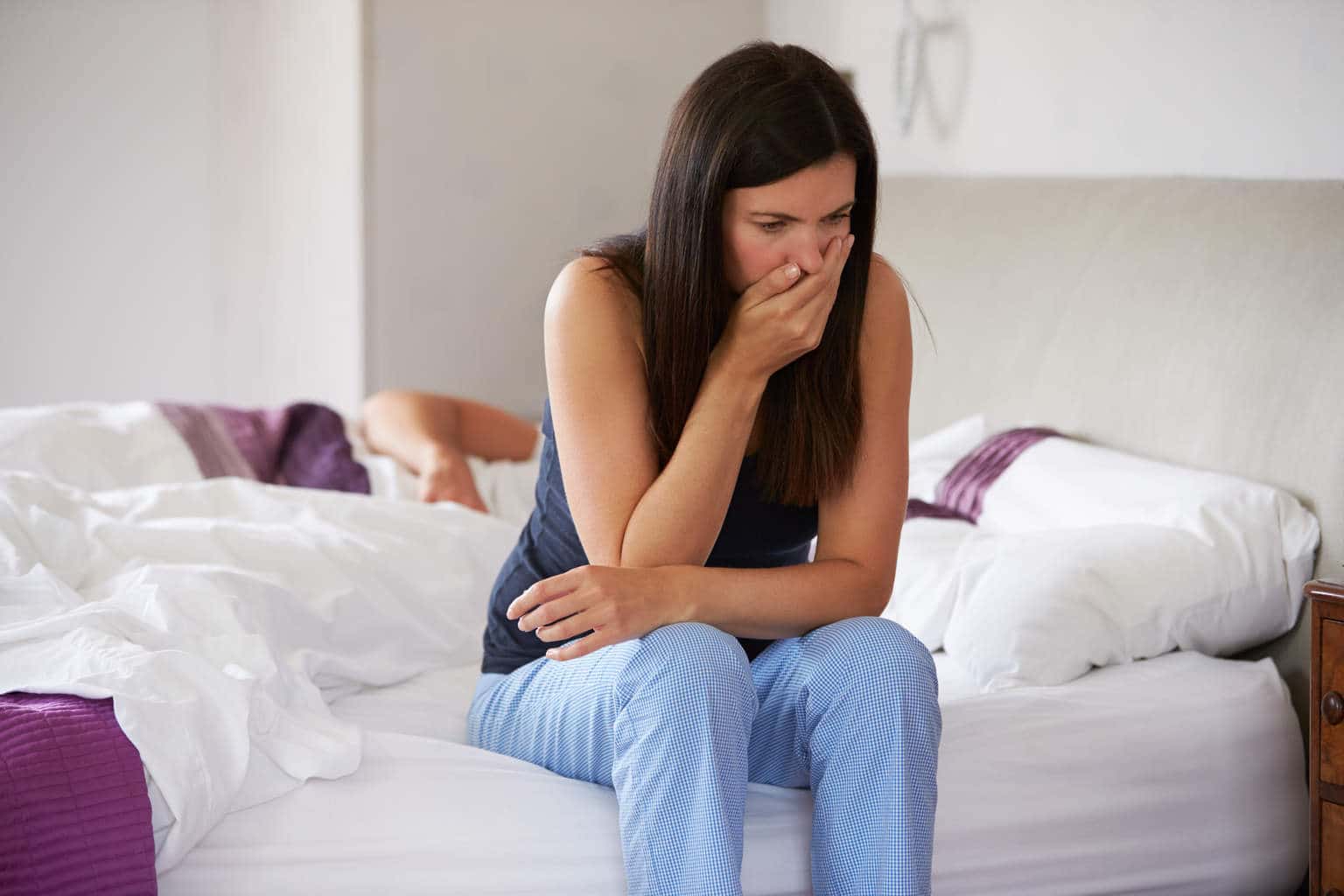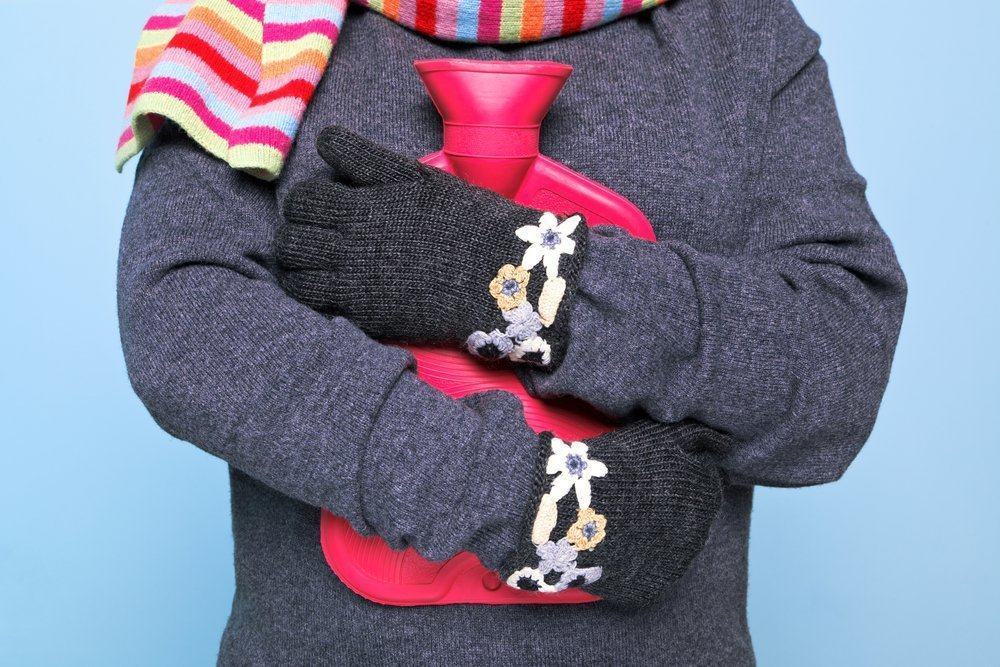Contents:
- Medical Video: Rebecca Stoeckle: Long term HIV survivors - sharing hard truths
- How to prevent the spread of HIV?
- 1. Understand how to spread HIV
- 2. Stay away from alcohol and drugs
- 3. Have safe sex
- 4. Never share needles or syringes
- 5. Avoid direct contact with certain people's blood and body fluids
- 6. Look for medical treatment if you are pregnant
Medical Video: Rebecca Stoeckle: Long term HIV survivors - sharing hard truths
It is important to know how to prevent the spread of HIV to others, especially if you have it. Thus, you at the same time help reduce the risk of an outbreak while protecting your family and close relatives from infection. The following is information about how to prevent the spread of HIV in the community.
How to prevent the spread of HIV?
1. Understand how to spread HIV
There is a lot of misinformation about how HIV is spread. HIV is transmitted when blood, breast milk, sperm or infected vaginal secretions come in contact with damaged / injured skin or mucous membranes (for example, mouth, nose, vagina, rectum, penis foreskin). HIV can be transmitted through vaginal, oral, or anal unprotected sex. HIV transmission can also occur between blood contact with blood and direct contact with body fluids. This means you can kiss as usual safely (as long as there are no sores or sores and you don't have sex), and touch safely and undergo normal daily interactions with someone with HIV.
Do not assume that someone who does not show symptoms does not have HIV. People can have HIV for years before they have AIDS, and anyone who is infected can transmit the virus.
2. Stay away from alcohol and drugs
Alcohol and drugs affect the way you think and solve problems. Certain drugs, such as infusions, can also make you more likely to contract HIV by exposing you to a higher level.
3. Have safe sex
Practice safer sexual intercourse. This includes using condoms. If you have sex with someone who has HIV, it is important to practice safer sex and undergo regular HIV testing.
Discuss with your sexual partner about your sex history. Understanding partner sex helps both of you prevent the risk of HIV. You may be able to take a combination of drugs (tenofovir plus emtricitabine) every day to help prevent HIV infection. These drugs can reduce the risk of contracting HIV.9, 10, 11 However, these drugs are expensive, and you still have to practice safe sex to keep your risk low.
4. Never share needles or syringes
Needles and syringes can easily carry HIV from one person to another. Never use drugs that use needles and never use a single needle that you don't get from a doctor.
5. Avoid direct contact with certain people's blood and body fluids
You never know who has HIV because there are no special stereotypes, and there are people who don't even know if they have been infected, so avoid touching other people's blood if possible, and avoid contact with other body fluids that can spread HIV. This liquid includes:
- Sperm and pre-ejaculate fluid
- Vaginal fluid
- Rectal mucus
- ASI
- Amniotic fluid, cerebrospinal fluid, and synovial fluid (usually only exposed if you work in the medical field)
6. Look for medical treatment if you are pregnant
If you later become pregnant and are worried that you might have HIV, take a test and seek medical help immediately. Preventing the spread of HIV to your child is possible.
Protecting others with knowledge about preventing the spread of HIV is your responsibility and everyone, regardless of whether they have HIV or not. Therefore, don't be shy and worried about your illness if you have HIV. Be brave and share with your relatives and friends to protect them and yourself.
Hello Health Group does not provide medical advice, diagnosis or treatment.

